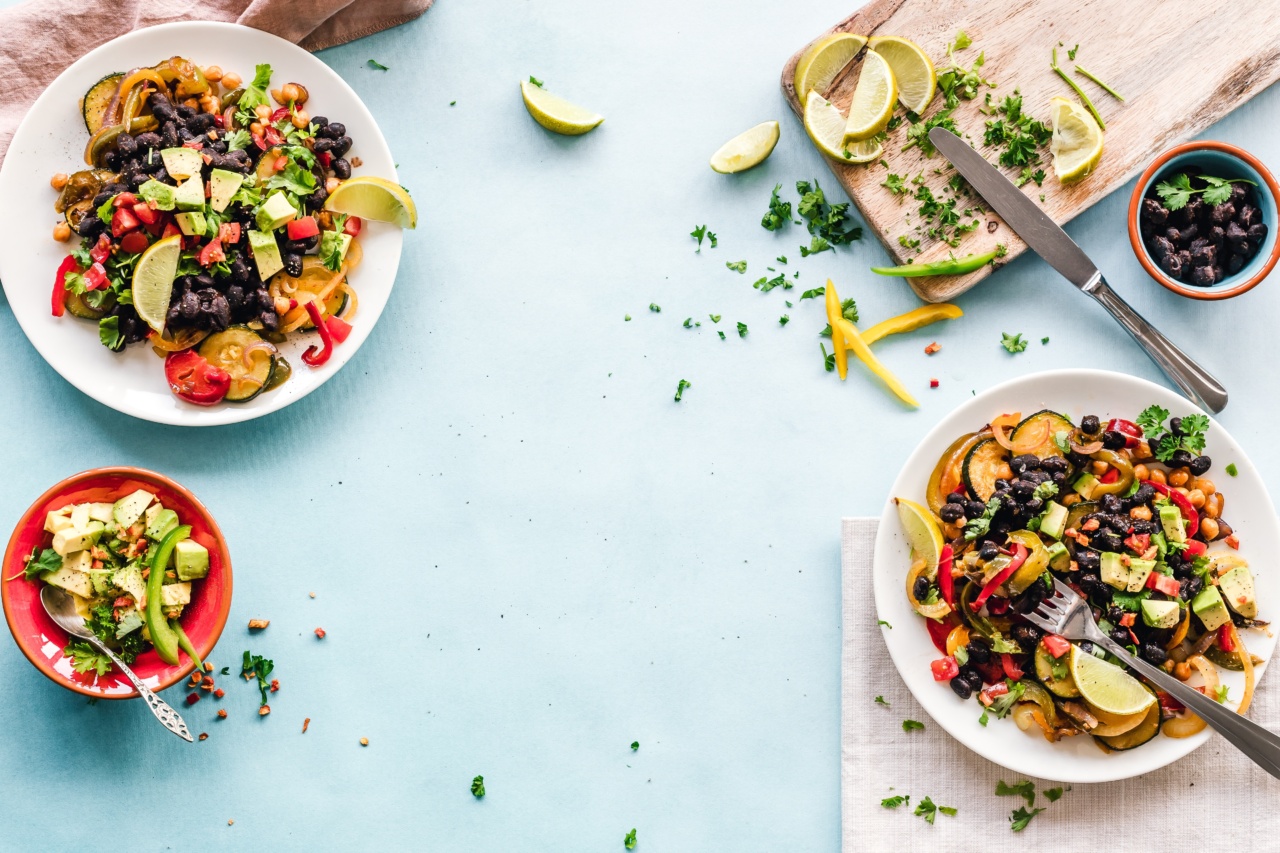Adopting a vegetarian diet can be a great decision for your health, the environment and animals.
However, there are certain things that every vegetarian should know in order to make sure they are meeting their nutritional needs, making the transition as smooth as possible and staying healthy long-term. In this article, we’ll cover ten important topics that every vegetarian should be aware of.
1. The Benefits of a Vegetarian Diet
Vegetarianism is becoming increasingly popular across the world. The benefits of a vegetarian diet are numerous:.
- Reduced risk of heart disease, stroke and some forms of cancer
- Lower blood pressure and cholesterol levels
- Reduced risk of obesity and type 2 diabetes
- Better digestive health
- More efficient weight management
- Save animals from inhuman treatment in factory farms
- Environmental sustainability
2. Different Types of Vegetarianism
‘Vegetarian’ is an umbrella term which can mean different things to different people. Here are some of the most common types of vegetarianism:.
- Lacto-vegetarian: Does not eat meat, fish, poultry or eggs, but consumes dairy products
- Ovo-vegetarian: Does not eat meat, fish, poultry or dairy products, but consumes eggs
- Lacto-ovo-vegetarian: Does not eat meat, fish or poultry, but consumes dairy products and eggs
- Vegan: Does not eat meat, fish, poultry, eggs or dairy products, or any foods derived from animals (e.g. honey)
3. How to Get Enough Protein on a Vegetarian Diet
Protein is essential for growth and repair of the body, and it is commonly perceived that a vegetarian diet may not provide enough of this nutrient. However, there are plenty of plant-based protein sources:.
- Lentils, beans and peas
- Tofu, tempeh and edamame
- Nuts and seeds
- Quinoa and amaranth
- Soy and pea protein powder
4. How to Get Enough Iron on a Vegetarian Diet
Iron is essential for carrying oxygen around the body, and a deficiency in this nutrient can cause fatigue, weakness and poor concentration.
It is often perceived that a vegetarian diet may not provide enough iron, but there are plenty of plant-based sources:.
- Leafy green vegetables such as spinach and kale
- Lentils, beans and peas
- Nuts and seeds
- Fortified cereals and breads
- Dried fruit such as raisins and apricots
5. How to Get Enough Vitamin B12 on a Vegetarian Diet
Vitamin B12 is essential for the production of red blood cells, and a deficiency in this nutrient can cause serious health problems. While this vitamin is primarily found in animal products, there are vegetarian-friendly sources:.
- Fortified cereals and soy milk
- Nutritional yeast
- Supplements
6. The Importance of Vitamin D on a Vegetarian Diet
Vitamin D is essential for bone health, but it can be difficult to get enough of this vitamin on a vegetarian diet. The best source of vitamin D is sunlight, but it can also be found in:.
- Mushrooms
- Fortified cereals and dairy-free milk
- Supplements
7. The Benefits of Healthy Fats on a Vegetarian Diet
Fats provide energy, help absorb vitamins and minerals and are necessary for the proper functioning of the body. However, not all fats are created equal. It’s important to focus on healthy fats, such as:.
- Avocados
- Nuts and seeds
- Olive oil
- Coconut oil
- Flaxseed oil
8. How to Avoid Nutrient Deficiencies on a Vegetarian Diet
While a vegetarian diet can be highly nutritious, it is important to ensure that you are getting enough of all the essential vitamins and minerals. Here are some tips for avoiding nutrient deficiencies:.
- Eat a varied diet
- Consider taking a multivitamin supplement
- Get regular blood tests to check for deficiencies
9. Common Misconceptions About a Vegetarian Diet
There are many misconceptions about a vegetarian diet. Here are some of the most common:.
- You won’t get enough protein
- You will be hungry all the time
- You can’t build muscle on a vegetarian diet
- A vegetarian diet is too expensive
- Vegetarian food is bland
- You won’t get enough calcium without dairy products
10. Tips for Making the Transition to Vegetarianism
Making the transition to a vegetarian diet can be challenging, but it doesn’t have to be. Here are some tips for making the process as smooth as possible:.




























